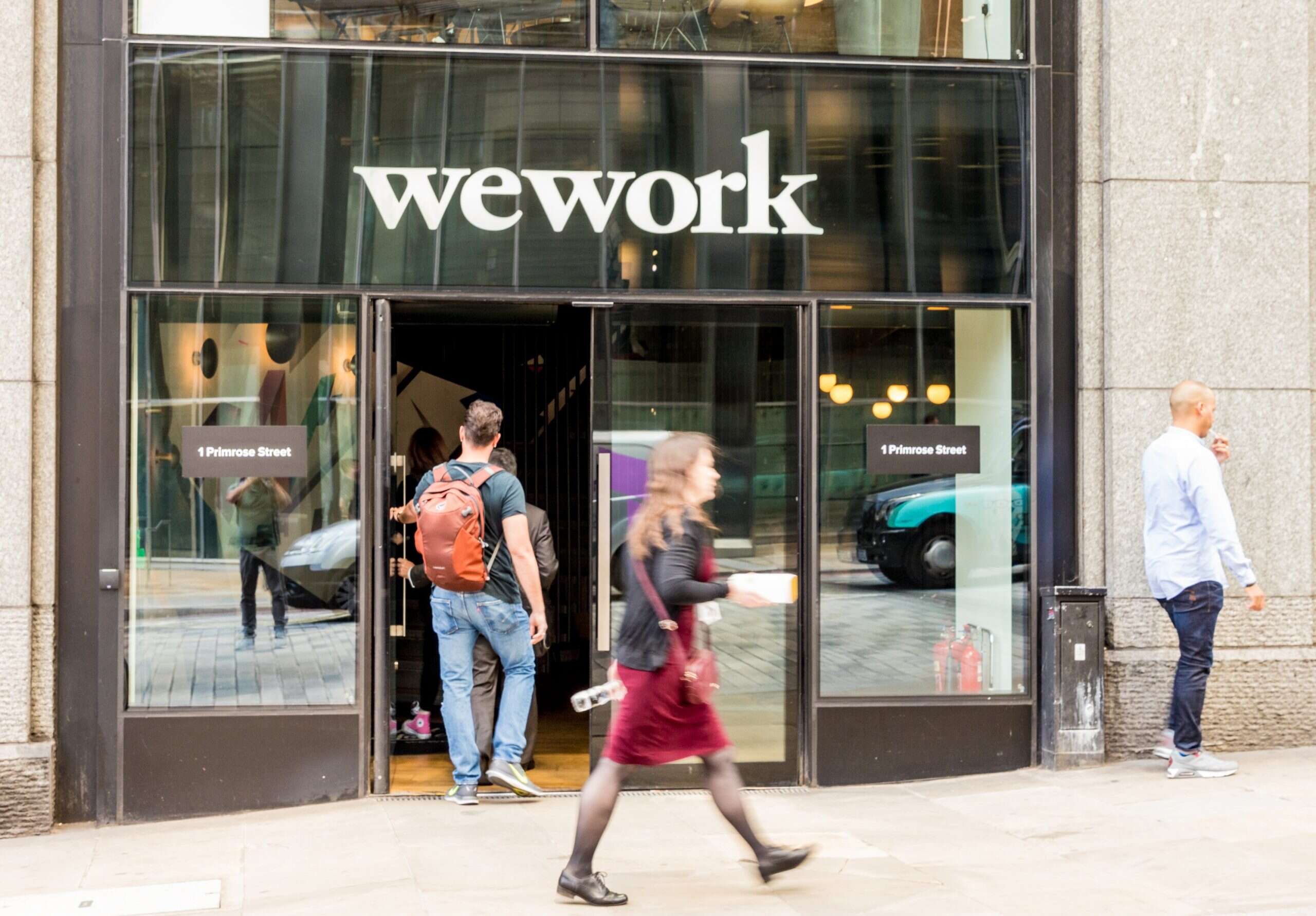
WeWork CEO Sandeep Mathrani recently caused outrage after claiming that staff who want to go back to the office are more engaged than those who would rather work remotely. The evidence suggests otherwise, and many businesses are considering a range of workplace options to help them attract the best staff as the economy adjusts to the post-Covid-19 era.

“Those [workers] who are uberly engaged with the company want to go to the office two-thirds of the time, at least,” Mathrani said during the Wall Street Journal’s Future of Everything Festival. “Those who are least engaged are very comfortable working from home.”
The comments were largely perceived as self-serving coming from someone whose business involves renting office space, especially as many companies, particularly those in the tech sector, were working with effective, distributed and remote teams long before Covid-19 struck. And experts who spoke to Tech Monitor were sceptical that remote workers are less engaged than their office-based peers.
Are remote workers less engaged?
Indeed, Dr Zahira Jaser, assistant professor at the University of Sussex Business School, says that there is clear evidence that contradicts Mathrani’s claims that remote workers are less engaged. Research by the British Psychological Society found that flexible arrangements were linked to employee engagement and job performance, particularly among younger workers. Another study showed that flexible working influences employee engagement through a positive relationship with the organisation and job satisfaction.
“He [Mathrani] is assuming that people stay at home for a lack of engagement, instead that a diverse workforce might prefer to have higher flexibility for all sorts of other reasons: childcare, disability, neurodiversity,” Jaser told Tech Monitor. “Work flexibility is, in fact, connected to engagement.”
Engagement increases when staff feel heard and supported by their organisation, and a way of supporting staff needs is allowing work flexibility, adds Jaser. Claiming that only workers who want to go back to the office are engaged considers just one type of employee and excludes those with different needs, such as those with childcare responsibilities or undertaking long and expensive commutes.
Personal experience also contradicts Mathrani’s claims. Jason Warner, lead business analyst at Cancer Research UK, says that since his organisation began to work remotely last year due to the pandemic, he has seen an increase in engagement in virtual meetings at all levels of the charity.
“Leadership, technology, culture and an organisations’ working practices are all contributing factors that can support engagement,” says Warner. Although there are people who will undoubtedly benefit from a return to the office, particularly those who live alone or feel isolated at home, he doubts that there is a direct correlation between employee engagement and work location.
“What would be interesting to understand is how the term ‘engaged’ is being measured,” adds Warner. “It’s easier to measure an engaged individual in person as you could use body language and someone actively listening as a way of assessing engagement, but just because it’s easier to measure doesn’t equal a more engaged individual. Outcome and delivered value, along with general morale, could be more reassuring and effective measurements of assessing engagement.”
Beyond the binary workspaces
Another issue arising from the WeWork CEO’s comments is that they speak of workspaces in binary terms, says Dr Jennifer Johns, a reader in international business at the University of Bristol School of Management. According to this perspective, staff are either in the office or working from home.
Johns is part of the Co-Working Research Collective, a group of academic researchers investigating the dynamics of co-working spaces and their role in the wider UK economy. Her recent research has focused on the effect of Covid-19 on co-working spaces in Bristol, Manchester and Brighton.
That research found that, contrary to the accepted belief, there is a wide spectrum of working spaces, ranging from small-type spaces that have come out of the co-working movement to local community-based organisations and global models such as WeWork. Another form of co-working space is one in which companies give employees the opportunity to work from different locations. Some organisations are giving their employees co-working spaces memberships across the UK based on where they live.
“A lot of multinationals now, from what they’re telling me and what we’ve heard about the co-working spaces, want their workers to have the opportunity to make choices around where they work,” said Johns. “The lesson from Covid-19 is that much more is possible than we realised.”
The pandemic crushed the notion that desk-based work can only be done from the office. Moving forward, employers need to consider the different realities and necessities surrounding their staff and, as Johns puts it, “think in more sophisticated terms about what the workspace is”.
This article originally appeared on Tech Monitor.






